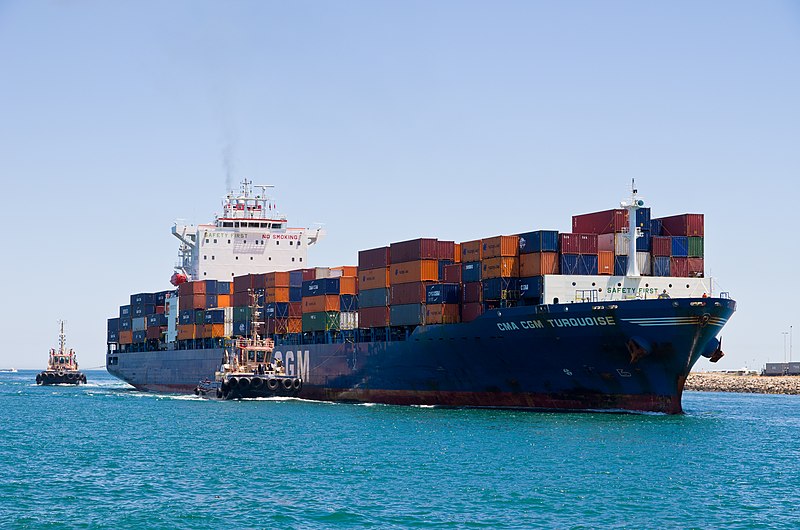
Event Recap: Green Trade – Aligning Policy and Climate Goals
On Tuesday, June 14th, the American Security Project hosted the event “Green Trade – Aligning Policy and Climate Goals.” ASP’s CEO, Patrick Costello, was joined by The Rt Hon. the Lord Barker of Battle, Ambassador Danny Sepulveda, and Ambassador Robert Holleyman.
The conversation began with each speaker sharing their views on the role of trade policy in achieving climate goals. According to Lord Barker, “trade policy is the sleeping giant of the climate debate,” and trade plays a significant role in spurring innovation and growth in new sectors. Effectively leveraging trade policy is vital for reaching climate goals and reducing emissions. The global trade policy conversation has been too focused on sanctions and punitive measures; trade should be viewed as an enabler and accelerator of change, and policymakers need to ease trade frictions. Ambassador Holleyman reflected on his experience negotiating the Trans-Pacific Partnership (TPP)—there was no climate-related chapter in that agreement, negotiated during the Obama administration, due to the lack of explicit authority from Congress to negotiate climate modalities. Holleyman further opined on the domestic political challenges in negotiating binding trade agreements and how the Biden administration has shifted tack to focus on trade and economic frameworks that do not require Congressional approval. Ambassador Sepulveda noted that international politics, especially when it concerns developing nations, are also a challenge facing global trade agreements. To advance the climate agenda in trade discussions, policymakers must ease friction related to clean energy while injecting friction into non-green sources of energy and trade in carbon-intensive commodities.
In discussing carbon pricing and carbon border adjustments, the panelists agreed that setting an international price on carbon emissions is the most effective way to incentivize action on a global scale while recognizing the political and practical difficulties of reaching a consensus price on carbon. According to Lord Barker, while a price on carbon is the “holy grail,” and a sensible carbon border adjustment mechanism would be enlightened policy, a more politically palatable course of action would be to pursue “Green Free Trade.” In outlining his vision for “Green Free Trade,” Barker called for the unilateral suspension of tariffs by the United States on environmental goods, maintaining that removing duties without asking for reciprocity would send a powerful signal. Both Ambassador Holleyman and Sepulveda agreed with this sentiment, though both noted it would be politically unpopular and possibly economically damaging to the United States. Ambassador Holleyman pointed out that discussions between countries on environmental goods agreements had failed before, but coordination among allied nations, perhaps Europe or APEC members, might prove effective. Ambassador Sepulveda said framing as “green free trade for free nations”—channeling the public debate on the contest between democracy and autocracy—may create momentum.
Recognizing that trade and economic ministers are currently meeting in Geneva for the World Trade Organization’s 12th Minister Conference (MC12), panelists discussed the role of the WTO and other multilateral and international financial institutions in addressing climate change and aligning trade policy with climate goals. All were bearish on the ability of MC12 to make any real progress. Panelists also discussed bureaucratic silos and how to enable greater coordination and consultation among trade and climate policy practitioners.
Finally, each speaker was asked whether the current economic conditions—rising energy and food costs from inflation and the war in Ukraine—have complicated or derailed the climate agenda. Despite the pessimism, Ambassador Holleyman and Ambassador Sepulveda offered a view of the current situation as a call to arms and the situation as one that presents a unique opportunity to further integrate trade policy with climate and environmental policy. Lord Barker provided the insight that inflation and high prices for oil and gas might provide ample reasons for consumers to switch to renewable technologies and that global governments must play a role in making the transition as smooth as possible for their constituents.





